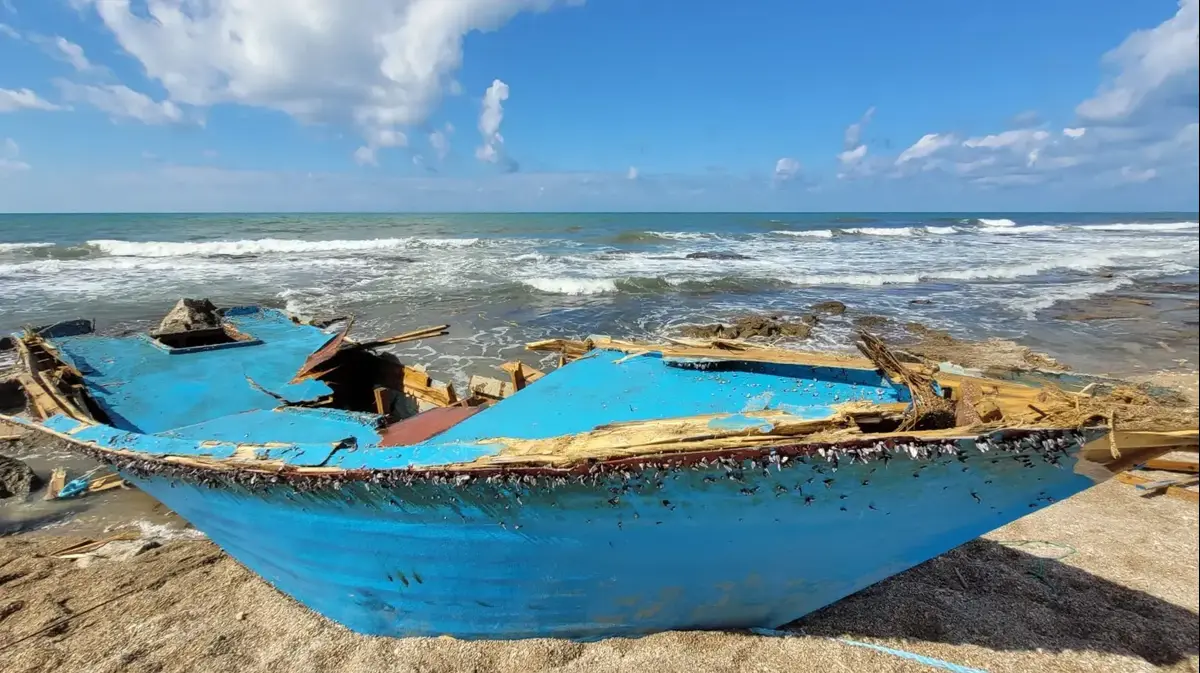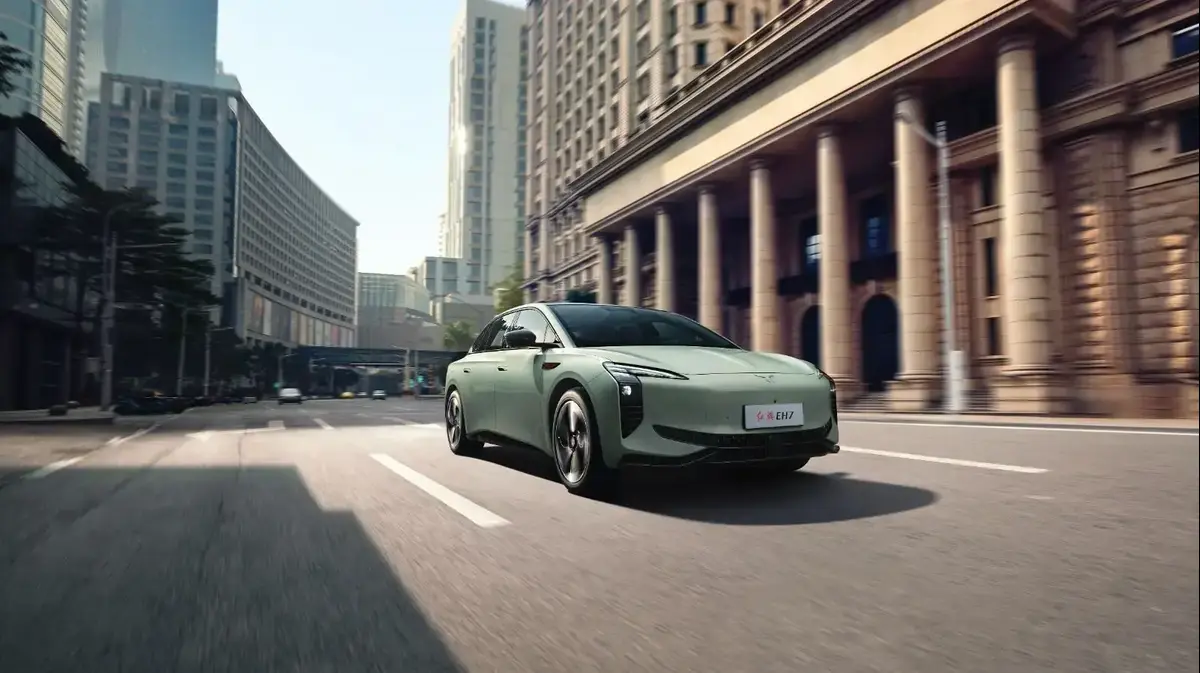Enlarge image
A plastic bag in the sea
Photo: Mike Nelson/dpa
A marine bacterium can ingest and digest plastic.
A Dutch-German research team proved this in the laboratory.
The group led by Maaike Goudriaan from the Royal Netherlands Institute of Sea Research on the North Sea island of Texel brought the bacterium Rhodococcus ruber together with a special polyethylene (PE) and measured the carbon dioxide produced.
Extrapolated over a year, the bacterium metabolizes a little more than one percent of the plastic into CO₂ - but that sounds like less than it actually is.
Goudriaan and colleagues used a specially manufactured polyethylene for their experiments.
The carbon in it is present as the isotope C-13, of which only 1.1 percent occurs in nature.
With the C-13 polyethylene, the scientists were able to prove that the carbon in the measured CO₂ actually comes from the plastic and not from another process in the reaction vessel.
However, other reaction products such as methane, sugar or proteins cannot be measured with this method.
Therefore, the extent of the metabolism is greater than the approximately one percent CO₂ per year indicates.
It was known that Rhodococcus ruber can form a biofilm on plastic in nature.
In addition, it has already been measured that plastic disappears under this biofilm.
"But now we've actually shown that the bacteria actually digest the plastic," says Goudriaan.
The researcher evaluates the results as an answer to the question of where a small part of the plastic disappears in the sea.
But she emphasizes: "This is certainly not a solution to the problem of plastic soup in our oceans."
According to Goudriaan's group, between 1950 and 2015 an estimated 117 to 320 million tons of plastic ended up in the oceans.
It is more important to take action against the further entry of plastic waste instead of cleaning up the sea afterwards, according to the team.
According to alternative projections, around 20 million tons of plastic end up in the world's waters every year - this corresponds to around two truckloads per minute.
Sunlight breaks plastic into chunks
In the reaction vessels, the group simulated the conditions in the sea: the water was a little salty.
In addition, the vessel was irradiated with ultraviolet light, such as that found in sunlight.
"The treatment with UV light was necessary because we already know that sunlight partially breaks down plastic into bite-sized chunks for bacteria," explains Goudriaan.
A recent study by researchers from the same institute found that about 2 percent of the visible plastic in the ocean disappears each year due to decomposition by sunlight.
The scientists also looked at whether it makes a difference when plastic floats on the surface or is completely submerged in the water.
As a result, slightly more CO₂ was produced in the vessels with the plastic on the surface – 1.24 percent per year – than in the vessels with the submerged polyethylene – 1.04 percent per year.
However, in both cases there was considerably more CO₂ than was produced in the control vessels without R. ruber bacteria, presumably as a result of the UV radiation, as the team writes in the specialist journal »Marine Pollution Bulletin«.
The researchers now want to investigate whether this process also occurs in nature and have already carried out experiments with silt from the Wadden Sea.
"The first results of these experiments indicate that plastic also degrades in nature," reports Goudriaan.
chs/dpa







/cloudfront-eu-central-1.images.arcpublishing.com/prisa/NIFZFFYBFVAU5FVWDHC43ESC5M.jpeg)






